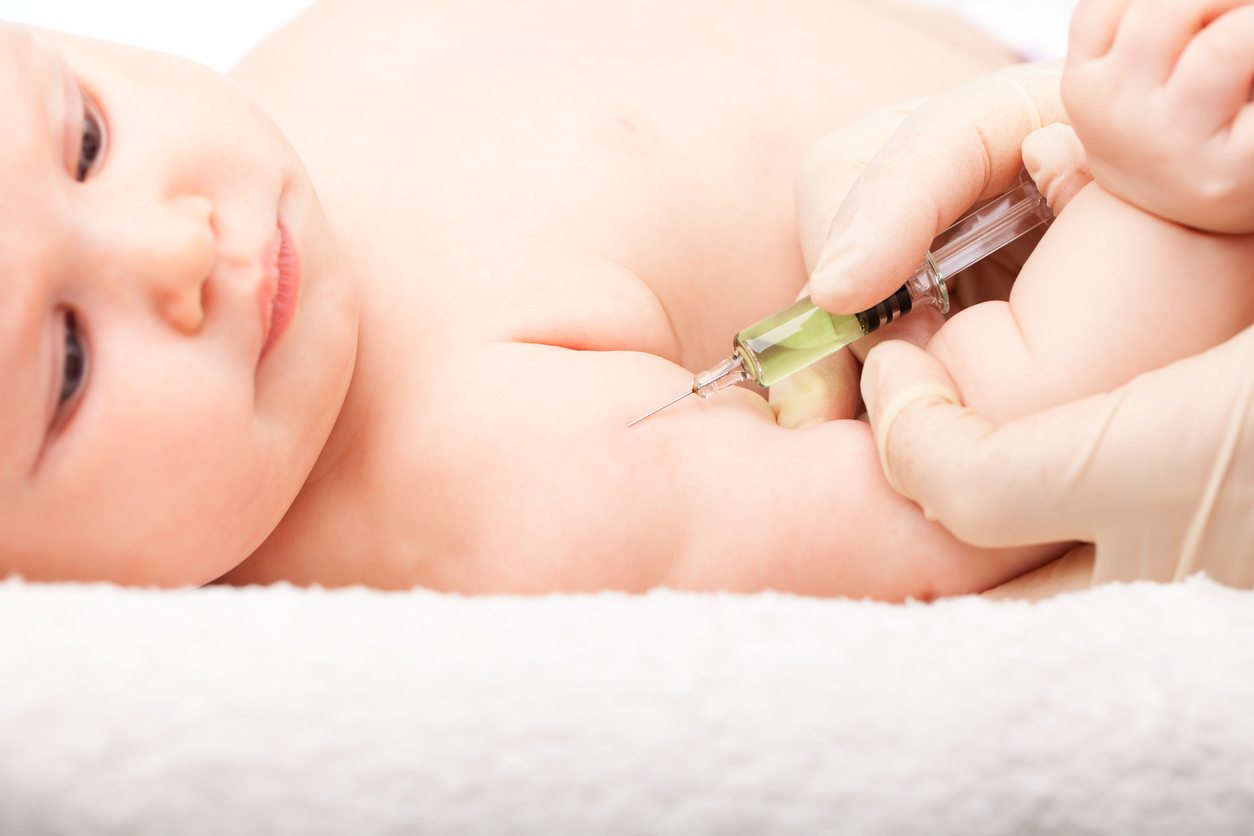Dealing with allergies in children can be challenging for parents. Writing for Maternity & Infant magazine, Arlene Harris talks about her own personal experience as a mum and chats to the experts about what to do.
I have always been thankful for my three strapping sons. Apart from little bit of asthma, eczema and a few coughs and colds here and there, their physical health has never caused any great concern. But when my eldest, Cailan, was seven years old, he began having some rather alarming allergic reactions. On numerous occasions, he returned from school looking a shade redder than normal, but I just put it down to exertion on the sports field or excessive heating in the classroom. Then after a family day out, he suddenly threw up, began itching all over and within minutes seemed to be breaking out in hives and raised welts.
We took him to the doctor who diagnosed an allergic reaction to something but as he hadn’t eaten anything unusual (apart from asquare of chocolate); he suggested that perhaps he had touched a poisonous plant in the woods where we had been visiting. So we dosed him up with antihistamine and tucked him up in bed and within a few hours, he had bounced back to normal.
However, this was not an isolated incident – a couple of months later, a similar episode occurred at a friend’s birthday party. We followed the same advice as before but were beginning to get slightly anxious. Then after eating lunch in a local restaurant, he was violently ill and his skin became swollen and itchy. So we insisted that our son be referred to a specialist who tested him for the most common allergies.
After a few minutes’ consultation, he was diagnosed with an allergy to sesame seeds. But we felt he was suffering from something more serious so asked the consultant to test for tree nuts. Despite being dubious about our request, he agreed to do a more advanced test and lo and behold, discovered that our son was in fact, seriously allergic or anaphylactic to tree nuts (hazelnuts in particular).
Dealing with diagnosis
The initial shock gave way to fear as we realized how serious the situation was. We were told to carry an Epipen (a shot of adrenalin) with us at all times and all foodstuffs had to be vetted for traces of nuts or seeds. It seemed like a sentence – having survived the previous years by the skin of his teeth, we were now horrified by the possibility that even the trace of an innocent nut could in fact have fatal consequences.
However, undaunted by the body blow he had just given us, the expert gave us a pep talk on how to deal with anaphylaxis (which is even more severe in patients with a propensity to asthma, which Cailan also had) and a couple of Epipens and sent us on our way.
Although there were no signs of his allergy on a daily basis, this new diagnosis was infinitely more stressful than the asthma and eczema we had been dealing with for years. We now had to check every item in our shopping trolley for traces of nuts, ensure that nothing containing a nut came into our house and alert his school and friends of this new development – it was terrifying.
But now, nine years later, we are older, wiser and calmer. It has become a way of life for us – we don’t leave the house without the adrenalin pen, everyone has been warned to keep him away from nuts and because he is aware of how awful even the mildest reaction can be, Cailan is careful to avoid anything that looks suspicious.
Thankfully, he has a fantastic diet and eats all sorts of foods, but it would be nice not to have to worry about what he is eating for the rest of his life – he is still very much in a danger zone but we are hopeful that eventual advances in medical science will go some way towards making his life easier in the future.
Expert opinion
Professor Jonathan Hourihane is one of the leading allergy specialists in the country. He says that while trials are underway to help eradicate allergies, there is still some way to go yet. “Studies have shown that tolerance levels can be built up gradually in some cases, but even the groups doing the trials say treatment options are not ready for clinical use right now,” he explains. “There are too many unknowns for this to be part of a treatment plan at present – but we are hopeful for the future.”
The Professor of Paediatrics says although anaphylaxis is rare (360 cases per year in Ireland is a reasonable estimate) but 2 per cent of adults and 6 per cent of pre-school children have food allergies so it needs to be taken seriously.
“Anaphylaxis is the most severe kind of allergic reaction you can have,” he says. “People accuse allergists of being too cautious in recommending dietary restrictions and use of emergency medicines, but this condition can be fatal and we can’t confidently predict who will have a severe reaction next time and who won’t. So in my view, the most important message to get across to anyone who has an allergy is – don’t hide it – make sure everyone around you knows what you are allergic to and where your medication is kept.”
If you believe your child may have an allergic reaction to certain foodstuffs, seek medical advice from your GP who can refer you to a specialist.
For more information visit www.allergy-ireland.net
maternity & infant
Originally posted 2017-05-09 10:05:46.









